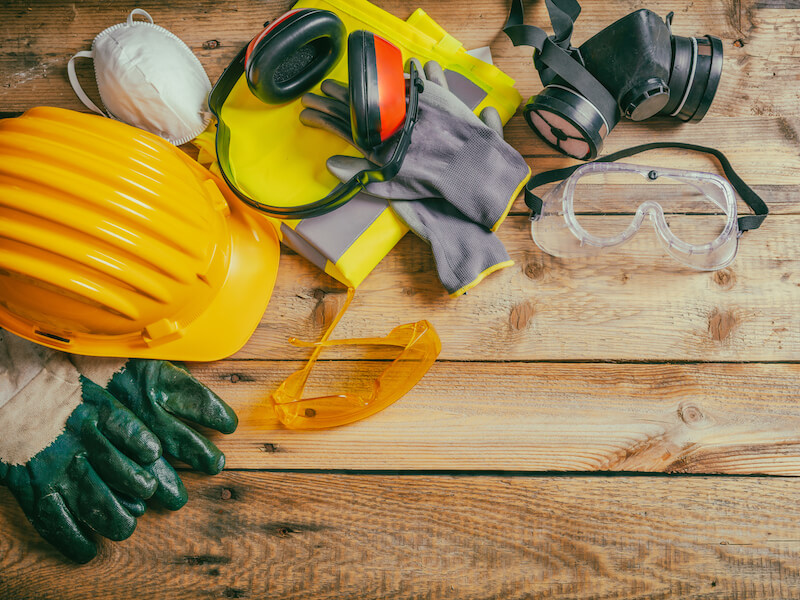
About two million workplace injuries are documented every year. Normally, we think about a hand caught in a piece of machinery or a flying projectile when we consider work-related injuries.
But there is a much more pernicious on-the-job injury that is even more prevalent and frequently undetected. It sneaks up on people very gradually over the course of several years. The majority of individuals don’t even recognize it’s happening until it becomes severe. Excuses are a typical reaction. “It’s just part of aging” or “It’s a temporary problem”. This response is normal.
Many individuals don’t even recognize it was caused by their workplace environment.
The insidious injury is hearing damage. There are a number of warning signs you should recognize, and there are important steps you need to take if you suspect the damage is already done.
How Loud is Too Loud?
Continual exposure to sounds louder than 85 decibels (dB) can result in long-term damage to your hearing. For reference, a vacuum runs at about 75 decibels dB. A lawnmower produces 85 dB. If you’re exposed to a leaf blower or a chainsaw you’re experiencing 100 dB. A gunshot is around 140 dB.
How loud is your workplace? Are you being exposed to the most prevalent workplace injury? If you’re regularly exposed to noise as loud as a lawnmower, even if it’s not continuous, your hearing can become damaged over time.
Hearing Damage Signs
If you work in a noisy environment, there’s no question you’re damaging your hearing.
Your experiencing hearing loss if you notice any of the following signs:
- You can’t understand the person speaking if there’s background sound.
- Loud sounds cause pain in your ears.
- When you talk with people you always believe they are mumbling
- People are always complaining about the loud volume of your media devices.
- You tend to withdraw when people are talking.
- You confuse consonants – “Todd” sounds like “Dodd,” for example.
- You frequently ask people to repeat themselves when they talk.
- You’re hearing sounds in your ears like ringing, whistling, or hissing.
- Conversations sound muffled.
How is Hearing Damage Being Dealt With by Employers?
Businesses and organizations are using the most recent technology to decrease workplace noise in overly loud environments. Workplace noise will be lessened as new recommendations are being put in place by governments to safeguard workers.
As more employees become aware of the recurring damage they have suffered as a result of workplace noise, they are coming forward. In time, their voices will bring about further change.
Preventing Further Damage
Protecting your ears before they become damaged is the smartest plan if you work in a loud environment. Using protective headphones or earplugs on the job will help reduce potential damage.
If you think your hearing has been damaged by a noisy workplace, schedule a hearing test as soon as possible. You will learn how to prevent further damage when you find out how much hearing damage you have. We can help you develop strategies to avoid further hearing loss and manage the damage you’ve already experienced.
